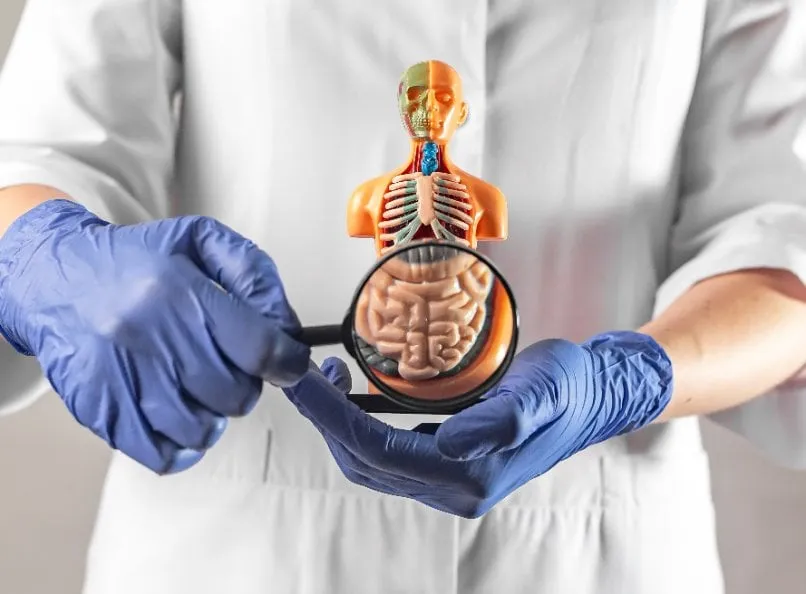During a colonoscopy, a qualified doctor examines the colon and rectum to identify any irregularities or issues possibly. This procedure is beneficial for detecting and preventing different health issues from getting worse. Here is when you might need this medical procedure:
Persistent Abdominal Pain
If you experience frequent pain in your lower abdomen, there might be a condition affecting your colon. When treatments, such as laxatives and antacids can’t make the soreness disappear, a colonoscopy might help identify the primary cause. This medical procedure is useful for identifying Crohn’s disease or ulcerative colitis, which may cause persistent abdominal pain and cramping. If pain is due to narrowing or blockage in the colon, this can determine the location and cause. Some people might experience abdominal discomfort during the early stages of colorectal cancer or precancerous polyps.
Unexplained Weight Loss
If you are losing weight without reducing calorie intake, it could be due to a medical condition affecting nutrient intake. If there’s serious inflammation or infection in the colon pouches, it may reduce your appetite, causing weight loss. Tumors in the colon can disrupt digestion or create swelling, which may contribute to weight loss. When a professional examines your colon, they can identify issues like tumors, polyps, and inflammation that lead to unexplained weight loss. If abnormalities are found, biopsies can be taken to determine the primary causes.
Constant Rectal Bleeding
A qualified doctor should analyze rectal bleeding that lasts for several days. If you have risk factors for colorectal cancer, such as genetic conditions, visit a specialist for a proper diagnosis. A colonoscopy may reveal various bowel diseases that can lead to rectal bleeding among other symptoms like diarrhea. It can also determine if the blood in the stool is a result of gastrointestinal bleeding which affects the digestive system. By examining your system, a care provider can pinpoint the source of the bleeding and offer the right treatment.
Chronic Diarrhea and Constipation
If you have loose stools or can’t have a bowel movement for several days, you can visit a doctor to examine the root cause of such problems. Chronic diarrhea may also be caused by severe infections, such as those from viruses and bacteria. A colorectal examination can help evaluate the cause of infection if the condition is difficult to diagnose through stool tests alone. If persistent diarrhea or constipation comes with other symptoms, such as cramping and bloating, an examination may identify cancer or diverticulosis. When blood flow to the colon is reduced, it causes inflammation which leads to diarrhea or constipation in older adults. Once a healthcare provider has your test results, they may prescribe medications or suggest surgery to remove polyps.
Book an Appointment for a Colonoscopy
If you have symptoms suggesting colon issues, a colonoscopy may help identify different conditions at an early stage. A medical professional uses a colonoscope to visualize your rectum or colon and takes biopsies for more tests. To know if you are a good candidate for this procedure, call a trusted clinic today.



